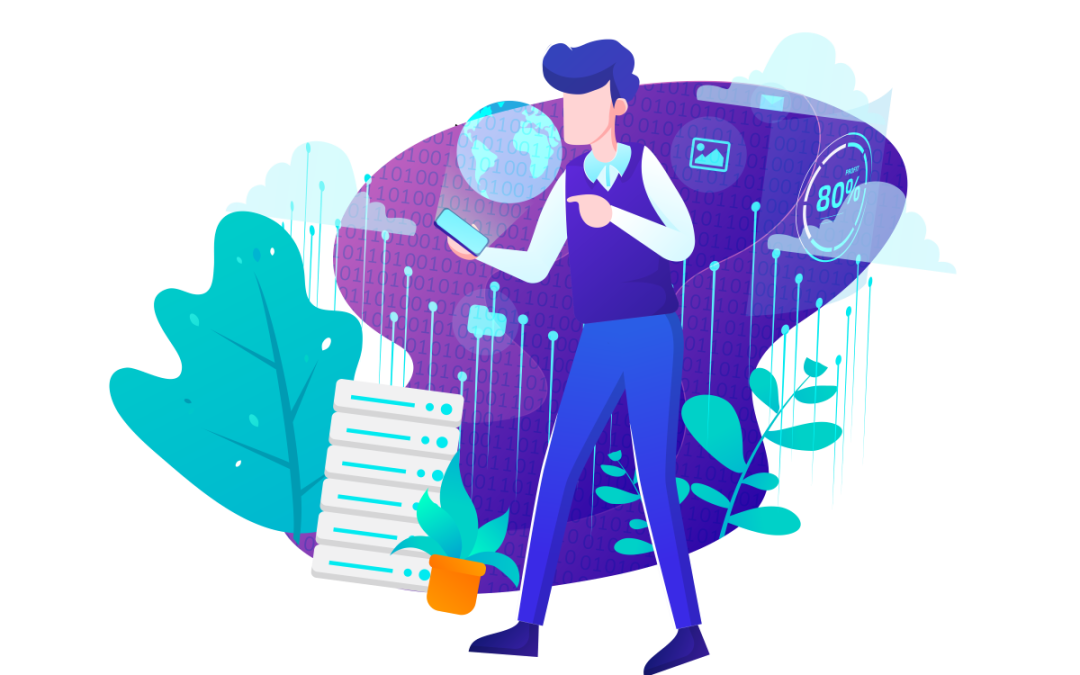NoSQL vs. SQL: Choosing the Right Database
In the world of data management, selecting the right database is crucial for the success of your application. With the rise of big data and the need for scalable solutions, two primary types of databases have emerged: SQL (Structured Query Language) and NoSQL (Not Only SQL). Each has its own strengths and weaknesses, making it essential to understand their differences before making a choice. In this guide, we will explore the key features of SQL and NoSQL databases, helping you make an informed decision for your project.
Understanding SQL Databases
SQL databases are relational databases that use structured query language for defining and manipulating data. They are based on a schema, which means that the structure of the data is defined before data can be inserted. This makes SQL databases ideal for applications that require complex queries and transactions.
Key Features of SQL Databases
- Structured Data: SQL databases require a predefined schema, which enforces data integrity and consistency.
- ACID Compliance: SQL databases ensure Atomicity, Consistency, Isolation, and Durability, making them reliable for transactions.
- Complex Queries: SQL allows for complex queries using JOIN operations, making it suitable for applications that need to retrieve data from multiple tables.
- Scalability: While traditionally vertical scaling is used, many modern SQL databases now support horizontal scaling.
Understanding NoSQL Databases
NoSQL databases, on the other hand, are designed to handle unstructured or semi-structured data. They do not require a fixed schema, allowing for greater flexibility in data storage. NoSQL databases are particularly useful for applications that need to scale horizontally and handle large volumes of data.
Key Features of NoSQL Databases
- Flexible Schema: NoSQL databases allow for dynamic schemas, enabling you to store different types of data without a predefined structure.
- High Scalability: NoSQL databases are designed to scale out by adding more servers, making them ideal for big data applications.
- Variety of Data Models: NoSQL databases come in various types, including document stores, key-value stores, column-family stores, and graph databases.
- Eventual Consistency: Many NoSQL databases prioritize availability and partition tolerance over immediate consistency, which can be beneficial for certain applications.
When to Choose SQL Databases
SQL databases are best suited for applications that require:
1. Complex Transactions: If your application involves multiple transactions that need to be executed reliably, SQL databases are the way to go.
2. Data Integrity: Applications that require strict data integrity and consistency, such as financial systems, benefit from the ACID properties of SQL databases.
3. Structured Data: If your data is highly structured and you can define a schema upfront, SQL databases provide a robust solution.
When to Choose NoSQL Databases
NoSQL databases are ideal for applications that require:
1. Scalability: If you anticipate rapid growth and need to handle large volumes of data, NoSQL databases can scale horizontally to meet demand.
2. Flexibility: Applications that deal with unstructured or semi-structured data, such as social media platforms or content management systems, can benefit from the flexible schema of NoSQL databases.
3. Real-Time Analytics: If your application requires real-time data processing and analytics, NoSQL databases can provide the speed and efficiency needed.
Conclusion
Choosing between SQL and NoSQL databases ultimately depends on your specific application requirements. SQL databases offer reliability and structure, making them suitable for applications with complex transactions and strict data integrity needs. On the other hand, NoSQL databases provide flexibility and scalability, making them ideal for handling large volumes of unstructured data.
Before making a decision, consider the following factors:
– Data Structure: Is your data structured or unstructured?
– Scalability Needs: Do you expect rapid growth in data volume?
– Transaction Complexity: Will your application require complex transactions?
By carefully evaluating these aspects, you can choose the right database that aligns with your project goals and ensures optimal performance. Whether you opt for SQL or NoSQL, understanding the strengths and weaknesses of each will empower you to make a choice that supports your application’s success.


